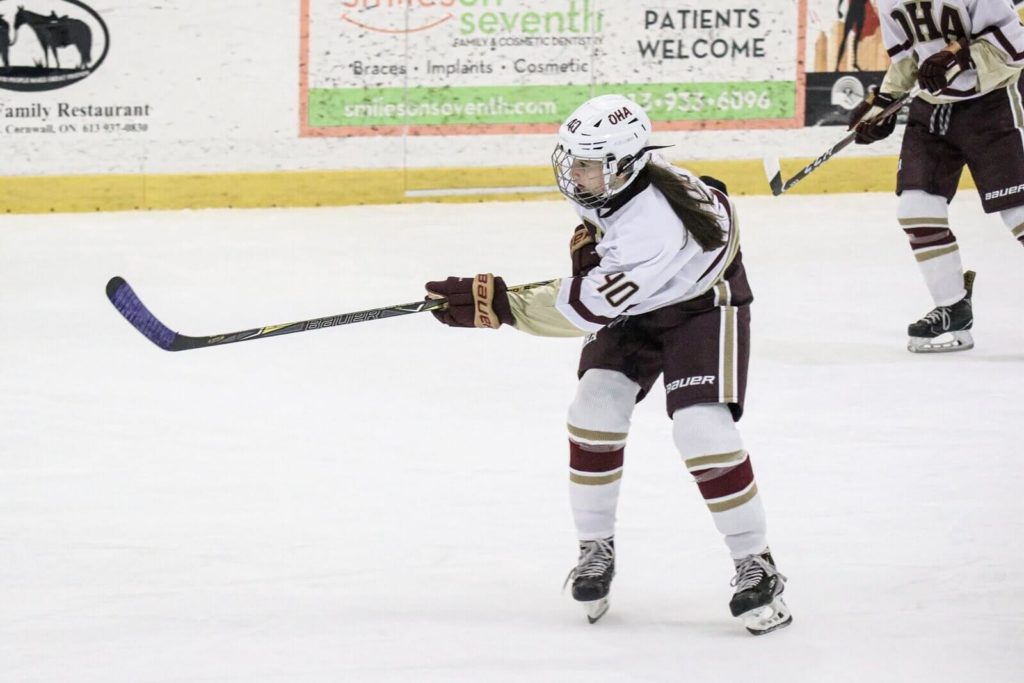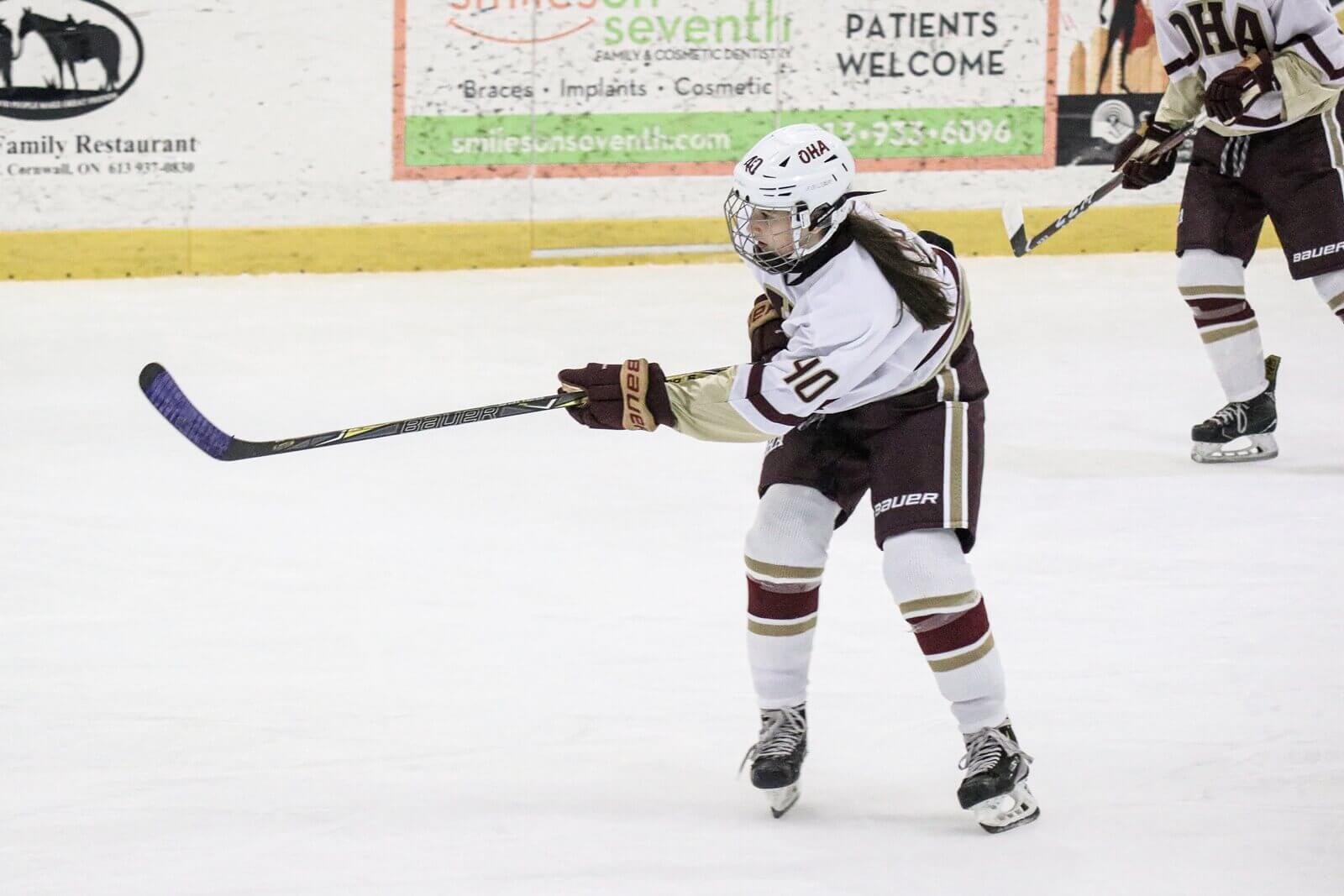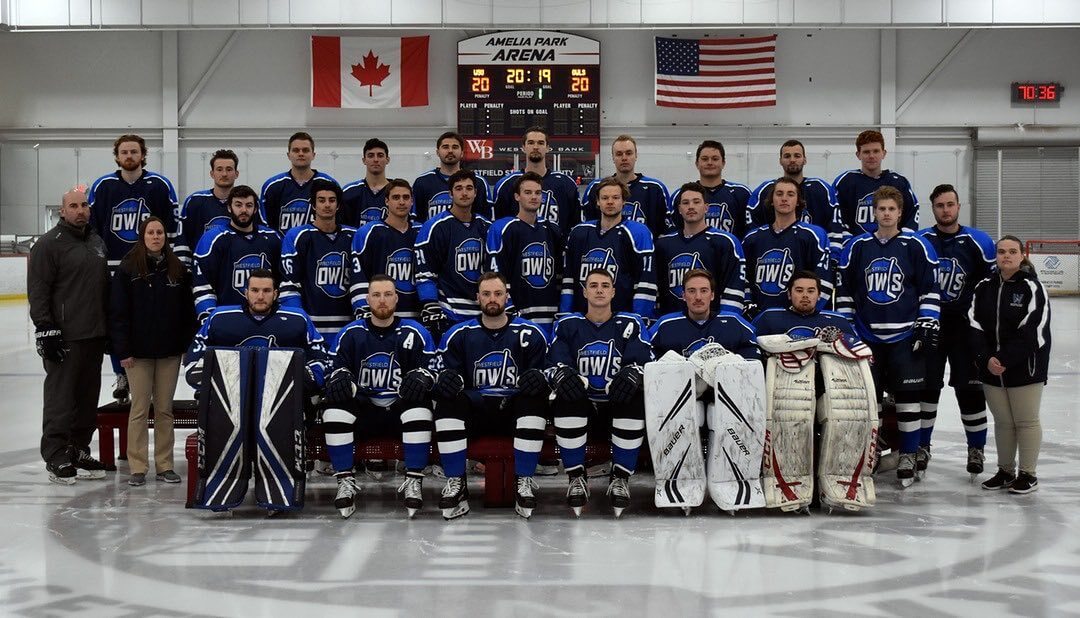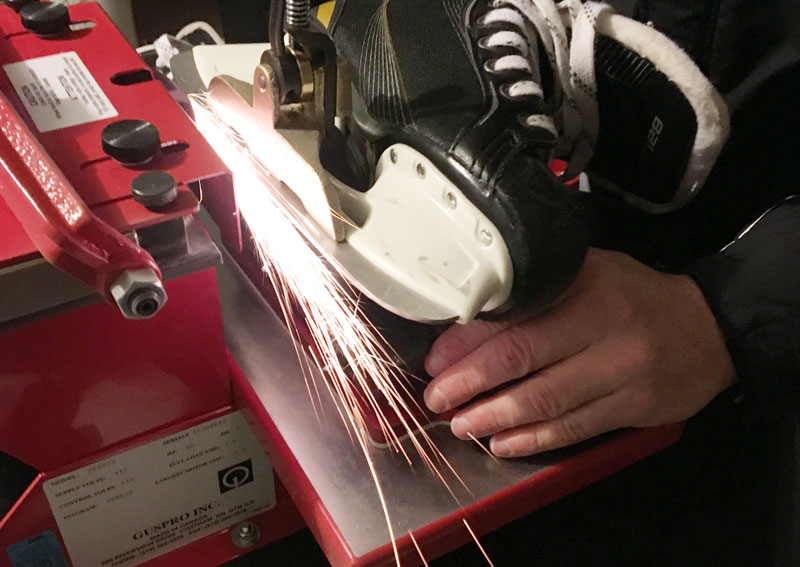
OVERSEAS TALENT: CATCHING UP ON HOCKEY OUTSIDE OF NEW ZEALAND
As we hit day 74 of Auckland being in lockdown as I write this, it’s hard to believe that many of us have lasted this long with minimal social contact, no hockey and the inability to leave the city, let alone our houses. Although it is a stressful and boring time, with vaccination rates increasing, it’s safe to say that we are beginning to see the light at the end of the tunnel. While New Zealand deals with having the Delta variant on our shores, much of the world has learned to live with the virus and go about their lives, with restrictions in place. Jacob Carey, Katya Blong and Jake Ratcliffe were all fortunate enough to fly the nest before or during the lockdown to return back to North America for ice hockey and education. As it’s hard to get a real grasp of how the other side of the world deals with the pandemic, these three tell all about their experiences.
Jacob Carey, who hails from Christchurch, plays as a right-winger at the A21 Academy in Windsor, Ontario. He describes the current situation with COVID as “a bit of a question mark right now” and that although there is a lot of uncertainty, “things are only looking up with the vaccination rolling out”. As far as limitations go, Jacob says that masks are required to be worn inside public places, but as far as hockey goes everything remains normal, aside from not being able to cross the border as of right now, but he says that is soon to change. As far as COVID cases go, Jacob reports that “there is still a consistent number of cases daily in the Windsor-Essex county, but things are still somewhat normal”. New Zealand has an alert level system and will soon use a traffic light system to distinguish which areas are the safest COVID wise. Ontario used a similar system in March of 2020, where Jacob describes that “they implemented a coded alert system; green, yellow, orange, red, and lockdown, where green provides the most freedom and lockdown is the most restrictive”. Jacob was in Windsor for all of 2020, so he experienced the way that COVID was handled in Windsor when it first hit Canada
Jacob explains that in 2020 when COVID was at its peak, there were a lot of restrictions and limitations put into place, much of which sounds like what Aucklanders are experiencing currently. “Covid took away hockey, in-person schooling, and a lot of our freedoms. From March break 2020, when Covid hit Ontario, to September 7th, when a21 started again for the new school year, I had no in-person education”. He goes onto say that he had “ maybe 10-12 skates across in the last few weeks leading up to September, and life was like a prison not being able to go out and live life.” Though the A21 Academy resumed until around December when Windsor had shut down again due to COVID, Jacob began looking at returning to New Zealand where COVID wasn’t at large at that time. “ I started looking to get back to NZ where hockey was happening and life was pretty normal, though it wasn’t until around March 6th I was able to board a plane to come home”. With no hockey, no school and only physical social interactions with those within his bubble, Jacob was limited with what he could do to keep up his training. “Until I left, I skated a few times with A21 but mostly played roller hockey and when the ponds froze I was out there every day for a month. Online schooling was going on for most of that timeframe as well but towards the end of February, in-person education came back where I could see all my friends again before I left for NZ”. The journey back to New Zealand wasn’t any less stressful, as Jacob tells that he had to wear a mask for the entirety of the 35+ hours he spent travelling back home, aside from when he needed to drink or eat.
Katya Blong, who is originally based in Auckland, plays as a forward at the Ontario Hockey Academy in Cornwall, Ontario. She describes the current COVID situation in Ontario as rather the opposite of Auckland’s current situation. “In the small town where I am in, there aren’t many limitations, except when going into public places you must wear a mask, and show ur vaccination card and ID if you want to sit down to eat at a restaurant or watch a hockey game.” For those who are vaccinated, she says that “things are very accessible if you are, and limitations only really exist for those who aren’t vaccinated”. As of the situation right now in Canada, she is able to travel to other cities such as Toronto and Ottawa for tournaments and games and therefore says that COVID hasn’t really prevented her from doing anything.

Jake Ratcliffe, is currently in his fourth year of university at the Westfield State University, Massachusetts where he is studying marketing and economics. Jake also plays for the university team as a centre/right-wing. He describes the COVID situation as “definitely a bit different from back in NZ”. As of right now, there is an average of about 70,000 cases per day in the United States, yet for Jake, everything is normal. “Everything is back open at full capacity with no restrictions, although masks are sometimes still required at large indoor events such as NHL games”. It is clear that larger countries such as the United States used alternative methods to beat the virus, Jake explains that “ there has never really been a full-on lockdown over here, as with such a large population completely eliminating covid was never really an option”.
However, in 2020 things were a lot different, where Jake’s season was cancelled due to the pandemic. As for schooling, Jake says “Schooling is back to normal this year, but last year most classes were online due to the winter outbreak here in the US, and I ended up staying back in NZ for the whole year and doing all my classes online since we didn’t play.” Similar to what Jacob said, in Massachusetts, there weren’t any alert levels such as like New Zealand has. Jake reports that “prior to the vaccine being available most large indoor gatherings were cancelled and a lot of restrictions were in place. Places like gyms and restaurants were still open with lower capacities, and social distancing and masks being required.” With New Zealanders, specifically Aucklanders having to be cautious around COVID, Jake describes the attitudes in Massachusetts as “ a lot less cautious than NZ. With such a large population and economy, the US wouldn’t have been able to shut things down the way NZ did, and most people over here were ok with that”. 75% of New Zealand’s population have had their first dose of the vaccine and with restrictions coming into play for those who do not get the vaccine, Jake says that in Massachusetts “the vaccine is not required to play, but it is strongly recommended, and those who don’t have it need to get tested within 3 days of all our games this season”.

The differences between the handling of the COVID-19 pandemic is clear just through these three recounts of their experiences both here and in North America. Though the governments have had their own ways to approach tackling the virus, it’s too early to assume that one method was better than the other when in reality, each country had to do what best suited their population. Aucklanders and other kiwis across the country may not agree with this as it has been well over two months of Auckland’s lockdown, yet it cannot be ignored that there have been benefits to this experience such as spending more time with your bubble, catching up on schoolwork or work that you’ve been needing to do, learning a new skill, finding a new passion-the list is endless. Though it seems like there is still a long way to go before our society goes back to normal, from what Jake, Katya and Jacob have told us about how their lives have gone virtually back to normal, there is hope that soon enough we too will be at that stage.



